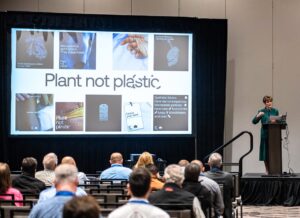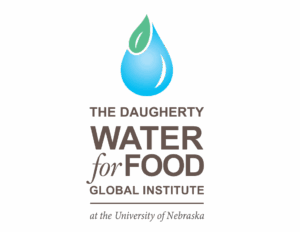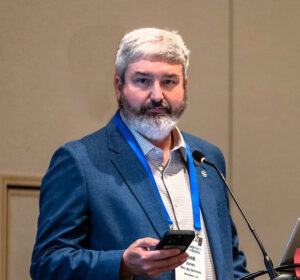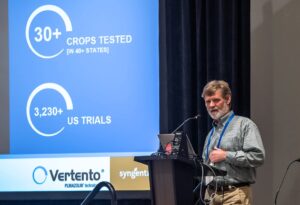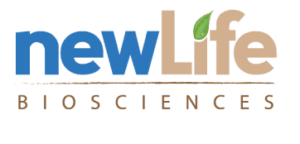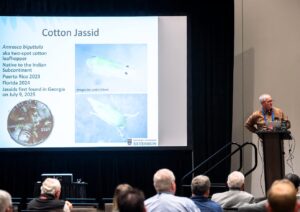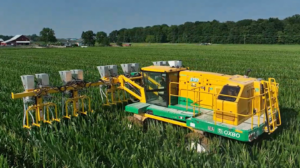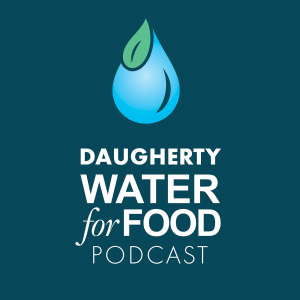 In our first episode of 2026, host Frances Hayes discusses a unique approach to supporting access to irrigation for smallholder farmers with Erin Anders, Senior Program Manager at the Daugherty Water for Food Global Institute.
In our first episode of 2026, host Frances Hayes discusses a unique approach to supporting access to irrigation for smallholder farmers with Erin Anders, Senior Program Manager at the Daugherty Water for Food Global Institute.
Farmers of all sizes in all parts of the world need access to water, inputs and financing to grow food. Irrigation as a Service (IaaS) is an emerging business model to expand irrigation access, especially to smallholder farmers, and ultimately grow more food.
Irrigation as a Service (IaaS) has a broad definition but generally refers to the concept of third-party providers of irrigation in which the farmers do not own or maintain the equipment. The companies that arise under this business model can look very different and employ a variety of methods. However, they all unlock vital irrigation access to millions of smallholder farmers globally without the burden of high upfront costs.
Erin and her team have been working closely with and supporting entrepreneurs across the globe who are pioneering and providing this essential irrigation as a service, including those featured in the DWFI’s recent series on IaaS. In this episode, she gives an insider’s look at the challenges and potential of this growing movement.
DWFI podcast episode 49 27:08The Robert B. Daugherty Water for Food Global Institute (DWFI) at the University of Nebraska was founded with the mission to have a lasting and significant impact on achieving more food security with less pressure on scarce water resources by conducting scientific and policy research, using the research results to inform policy makers, and sharing knowledge through education and communication.
How to subscribe:

